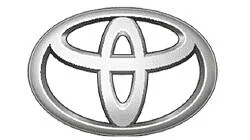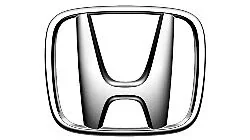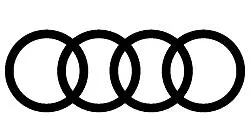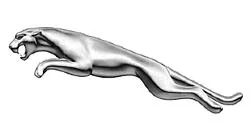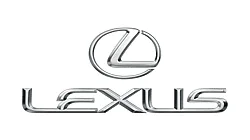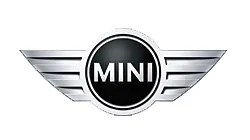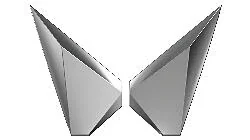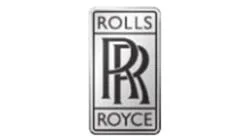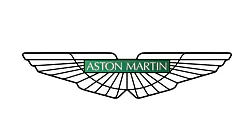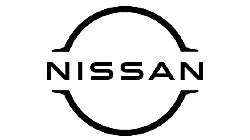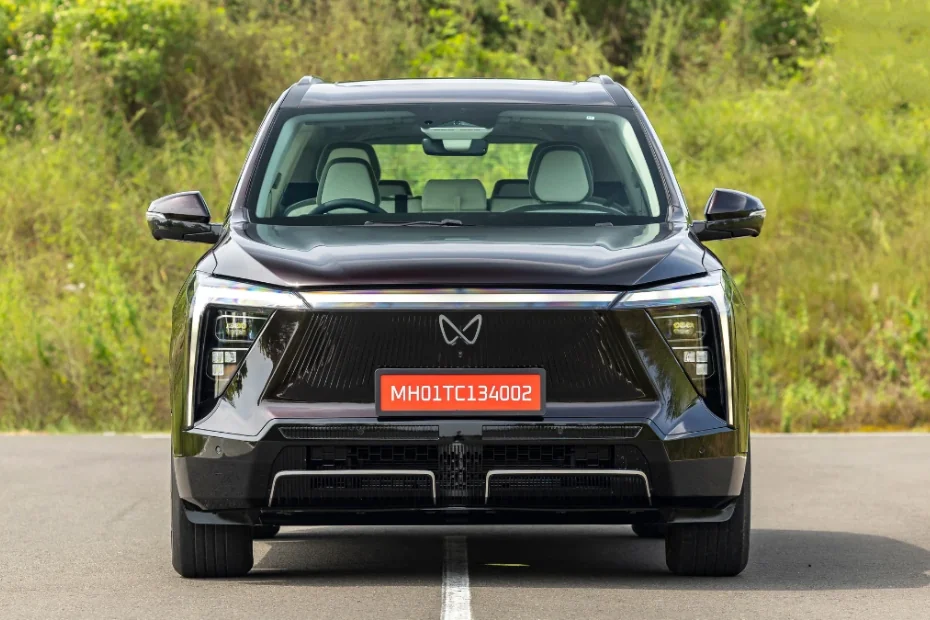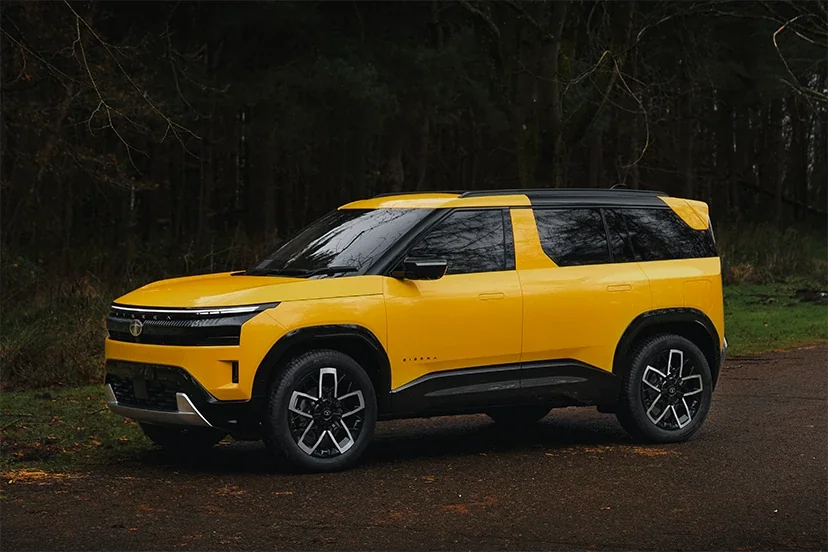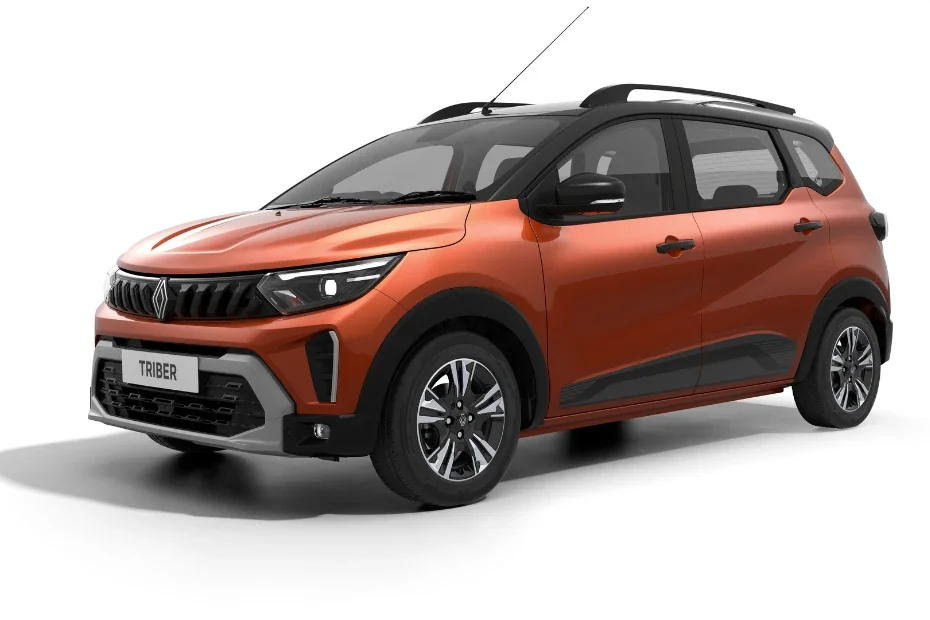
Owning a vehicle is like adding to the family, just like any other addition, and it requires special care and attention to keep it as good as new. Owning a car means there are quite a few things that need to be done to maintain it so that it may last and perform well for many years. Some of the main maintenance tips, which are very clear-cut and simple to follow, are presented below.
1. Read Your Owner's Manual

It will tell you everything about the maintenance requirements: when to replace the oil, what type of liquids to replace, etc. Spend some time on it. That would be really a good source which will give you better insight about your car.
2. Regular Oil Change

Think of oil as the lifeblood of your engine. It keeps things running smoothly by reducing friction. Over time, it breaks down and gets dirty. Refer to your manual for when you should change the oil. Regular oil changes keep the engine happy and healthy.
3. Check and Top Off Fluids
So many types of fluids are required for your car. These include coolant, brake fluid, and power steering fluid. Sometimes have a look under your hood inside the reservoirs these are kept in. If low, replace them. The process to check each type of fluid is mentioned in your owner's manual. This will save you from future headaches.
4. Change Air Filters

Air filters prevent dirt and any other form of debris from clogging the inner parts of your engine and inside your car. This will enable the car to be even more fuel-efficient, as one will also enjoy a clean air filter. The engine's air filter should be checked every 12000 to 15000 miles and replaced if it appears dirty. Cabin air filters keep the inside air of your car clean and also should be checked on a routine basis.
5. Pamper Your tyres
The tyres represent the only contact that your car makes with the road; as such, they should be kept in decent shape. For that reason, the tyre should have its pressure checked once a week to see that it is properly inflated. A badly inflated tyre leads to bad handling and awful fuel efficiency. Observe the treads of the tyres. If the tread is very low, then it would be time for new tyres. It will also help your tyres wear evenly, which is usually every 6000 to 8000 miles.
6. Check the Battery
For your car to start, you will require a battery to start it and run all the electrical systems on it. Also, check for corrosion on the terminals and clean them as well. If it is more than three years old then it would be a good idea to have it checked so that one doesn't get stranded in the middle of nowhere due to a dead battery.
7. Listen to Your Brakes
Brakes are a safety item. When you start to develop strange noises with your braking squeaks or grinding noises, then it's time to have them checked. Routine brake inspections prevent expensive repairs that may leave your car unable to stop when you need it to.
8. Replace Wipers and Check Lights
Visibility is the absolute heart of safe driving. Have your windshield wipers checked; replace them if they fail to adequately clear the screen. All your car's lights: headlights, taillights, and turn signals, should all be in good working order. If a light has burned out, replace it promptly.
9. Keep Your Car Clean

It will prevent paint damage to your car, let alone any rust. It is also far more agreeable to drive inside a clean interior, and it helps to keep the value of your car for a longer period, too. Of course, there's also the underside of your vehicle, which really ought to be cleaned now and then to prevent dirt from building up and to avoid rust.
10. Maintenance Schedule
A car is like you because it too needs periodic checkups. Your owner's manual has a maintenance schedule inside; check your owner's manual for when professional servicing is required. A periodic checkup can find problems early and keep your car running well.
Caring for your car does not have to be so complicated at all. If you would just follow these few basic points, it would be easy for you to keep your car in amazing condition and make driving quite safe and enjoyable. A little maintenance goes quite a distance in making your car reliable and running as new.
About Author
Kritika Dadhich, a skilled writer who seamlessly juggles her roles as a blogger and poet. With a deep love for cars and a talent for storytelling, she brings fresh insights and captivating narratives. Join her on an exciting journey through the world of automobiles.
Top Car Brands in India
Top Car Brands in India
Trending Car News in India
Trending Cars in India
Trusted Dealer
All Over India
Irresistible Offers
Stay Updated, Pay Less
Compare Cars
Choose the Right Car
Easy Finance
Multiple Finance Options

Monday - Saturday
10:00am - 6:30pm
+91 7947722777, +91 7479000444, +91 9311718549
contact@carlelo.com









